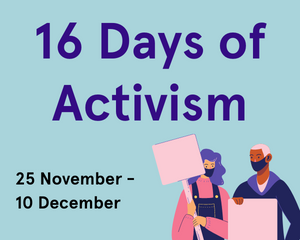Recent research shows that women and girls are keen to build their talent and improve their health and fitness through sport. But it remains difficult for women and girls to participate equally. Many women and girls struggle to find support to pursue it. Also, the sporting skills and ambitions of girls and women are often not taken seriously.
As this example shows, coverage of women’s sport is frequently sexist. This example shows that there is also often a greater focus on what women look like than what they can do.
Watch this clip about the challenges girls and women face when pursuing the sports they love.
How does it help?
Through sports we can all learn more about fairness, inclusion, camaraderie and respect.
Sport offers health and community-strengthening benefits. It can also influence social attitudes and challenge gender stereotypes, roles and expectations.
By challenging sexism in sport, we can create inclusive, equitable, healthy and safe environments for women and men, girls and boys. This helps to prevent violence against women (Our Watch, 2015).
Keep going!
Find out more about what you can do to make sure that girls and women get a sporting chance, and to prevent violence against women through sport:
Please note that these clips/articles contain information regarding the topics of sexism, gender inequality and violence against women. If you find the information distressing, please click through for information and support on self care. If you or someone you know is experiencing violence, please visit the our help section for further information and support.
